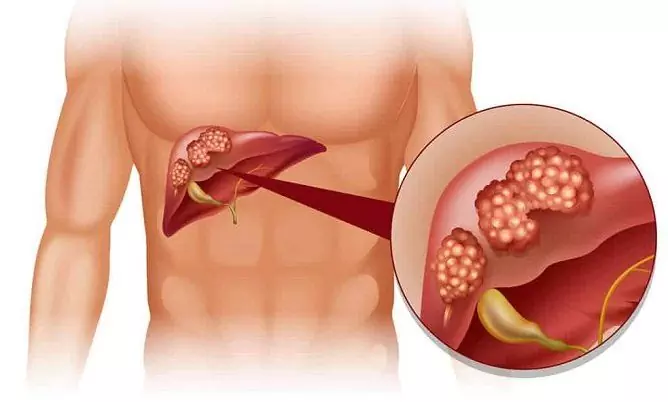- Author Rachel Wainwright wainwright@abchealthonline.com.
- Public 2023-12-15 07:39.
- Last modified 2025-11-02 20:14.
Why is chronic lack of sleep dangerous?

Lack of sleep is bad for your health. Everyone knows this. What is insomnia? This is a chronic lack of sleep, as a result of which a person does not have the opportunity to fully recover his strength in order to live a normal active life.
Long-term insomnia, whether voluntary or involuntary, can lead to irreversible changes in the body. Of course, they do not come immediately, but as a result of systematic chronic lack of sleep.
Achievements and records
For forty years, there have been enough enthusiasts who, in practice, are trying to find out how long a person can live without sleep and what this is fraught with for physical and mental health. To date, an official record has been recorded in the Guinness Book of Records - 19 days without sleep (set by American Robert McDonald's).
Also known is the schoolboy Randy Gardner, who managed to stay awake for eleven days. Particularly interesting is the fact that after that he slept only fourteen hours, and not several days in a row, as it would be logical to assume. But no, 12-14 hours is just enough for the human body to restore the normal cycle of alternation between wakefulness and sleep.
There is also an unconfirmed record - 28 days without sleep, but what does it mean in comparison with the ability of individuals to stay awake all their lives. Yes, it turns out that there are such people. It is noteworthy that they have normal health and in all other respects live the same life as we, "sleepyheads". But this is rather a deviation from the general norms.
But ordinary people, workaholics, students, young parents and other people suffering from chronic lack of sleep, during their night vigils experience tremendous overload. Here we will talk about them now.
The causes of insomnia can be very different, but the reaction to lack of sleep in most people is approximately the same.
What happens if you don't sleep?
- The first two days without sleep, chemical processes in the body take over the psyche, but the people around them still do not see it. Of course, a person feels very tired and irritable;
- Consciousness begins to get confused due to changes in the hormonal background and a violation of the connection between the neurons of the brain;
- On the third to fifth day, hallucinations and paranoia begin, and symptoms of Alzheimer's disease appear;
- After a week of sleep deprivation, a person becomes a sick "old man" with trembling hands, confused speech and weakened intellectual abilities (to the point of not knowing the multiplication table);
- Then the denouement comes - either the person falls asleep or dies (the exact dates are difficult to name, since each person is individual).
It should be noted that the human brain has one interesting feature - superficial sleep, with the help of which it copes with prolonged insomnia. In fact, shallow sleep is a partial shutdown of the brain for a short period of time (from a few seconds to several minutes). Moreover, at this time a person can talk, walk and perform other actions. Shallow sleep is beneficial and may delay death from insomnia, but will not prevent it.
Interesting fact: according to NRMA statistics, every sixth car accident occurs as a result of severe fatigue of drivers who fall asleep while driving.
What is the risk of chronic lack of sleep?

Above we have described what will happen if you do not sleep for a long time. Fortunately, this question is relevant for a small part of the population of our planet. On the other hand, almost all of us experience a constant lack of sleep, not getting enough sleep every day for several hours.
Ordinary lack of sleep calls out no less terrible symptoms, they just appear after a long period of time.
If you do not sleep for one day, then a person's ability to work mentally decreases by 30%, if you do not sleep for two days - by 60%. And if you sleep less than six hours a day for one week (recall that the need for sleep is eight hours a day), then the brain will suffer as if it had not slept two nights in a row.
With a chronic lack of sleep, oxidative processes begin to occur in the brain, which negatively affect mental abilities and memory. The body ages faster, and the heart muscle wears out, as it does not have the opportunity to fully rest.
After 5-10 years of chronic sleep deprivation, the human nervous system wears out, and it becomes more difficult for him to fall asleep every day. In addition, the immune system begins to malfunction, as due to a short sleep, an insufficient number of T-lymphocytes that can resist bacteria and viruses are activated. In addition to the poor physical condition, the psyche also joins, as the person becomes more grumpy and irritable.
Hence, the following conclusions should be drawn: it is never worth to force your body, despite the lack of time, the demands of the authorities and other factors. After all, nothing can restore human health.
Found a mistake in the text? Select it and press Ctrl + Enter.






